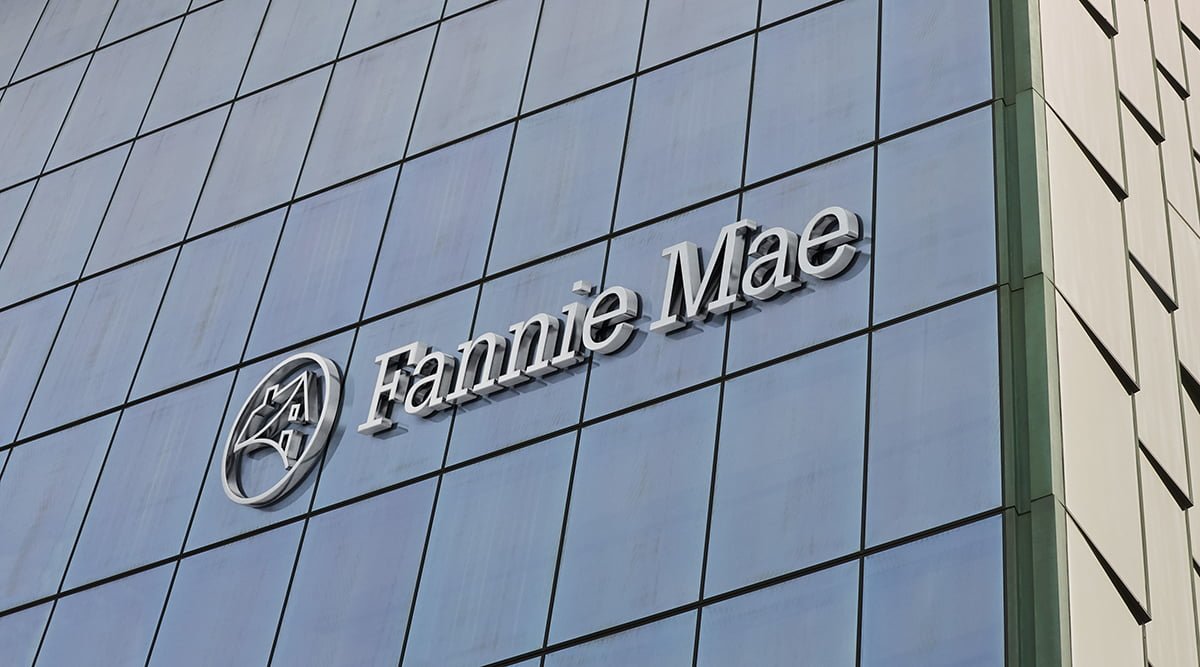In order for Fannie Mae and Freddie Mac to exit conservatorship and be recapitalized, the government will have to convince investors to invest. However, one analyst believes the government is doing a good job at making the government-sponsored enterprises less attractive to investors. However, investors might not invest in Fannie Mae and Freddie Mac if they no longer have any competitive advantages.
Q4 2019 hedge fund letters, conferences and more
No promises for those who invest in Fannie Mae
In a note this week, analyst Dick Bove of Odeon Capital responded to the questions that were asked by a group of Democratic senators and answered by the Treasury Department and Federal Housing Finance Agency. The senators sent the questions in September, and the answers were just received this month.
Bove describes the answers as "broad and ill-defined" and promising "nothing." He notes that in the cover letter that accompanied the answers, Treasury Secretary Steven Mnuchin even said that they didn't have a set plan or timeline to follow in releasing Fannie and Freddie from conservatorship. He added that "those items warrant a more fulsome and iterative review as the reform initiatives evolve."
Bove believes the comment basically just means that the Treasury Department has set out a framework of what must be done, but it hasn't created specific recommendations from that framework yet. This same point was repeated in the responses to the questions.
He also believes the Treasury and the FHFA are saying that they won't be put in a position in which "they must live by a timeline to effectuate whatever decisions that they have come to."
Actions promised
Bove recalled that when Mnuchin entered office three years ago, he was concerned that not enough was being done to remove Fannie Mae and Freddie Mac from their conservatorships, but that still hasn't changed.
FHFA Director Mark Calabria also entered his position almost a year ago saying that he planned to act quickly on the GSEs, either with or without assistance from Congress. Bove said he has acted quickly, but not in a way that is good for shareholders. According to Bove, Calabria has "acted boldly to reduce the competitiveness of the two companies," although they remain in their conservatorships.
He called attention to one comment in the recent letter in which the Treasury Department and the FHFA said they believe "comprehensive" legislation addressing housing finance reform would be better to achieve "lasting structural reform that tailors explicit government support of the secondary market." They also believe such legislation should repeal Fannie's and Freddie's congressional charters and "other statutory privileges that give them a competitive advantage over private-sector competition."
They also want lawmakers to give the FHFA the authority to charter competitors to Fannie and Freddie when they are re-chartered.
Concerns for those who invest in Fannie Mae, Freddie Mac
Bove said he finds the comments from the letter to be "chilling" because they "clearly indicate the government's intent to reduce the profit and growth capacity of these two companies." He believes common shareholders of Fannie and Freddie expect that when they are free from their conservatorships, they will be looking for opportunities to add products and grow. However, he believes comments from the Treasury Department and the FHFA indicate that this isn't the government's plan for them.
Bove also pulled out one of the 22 questions as arguably the most important. The question calls for the Treasury Department and FHFA to "describe any concerns raised by investors with releasing the GSEs from conservatorship without an indefinite government backstop." It also asks them to provide a response to those concerns.
The Treasury Department said that without "Congressional action to establish an explicit, paid-for guarantee backed by the full faith and credit of the federal government limited to the timely payment of principal and interest on qualifying MBS," Treasury expects it will have to continue "limited and tailored government support" in the form of the preferred stock purchase agreement.
Bove explained that this support entails leaving the controversial senior preferred share agreement in place. That includes the net worth sweep and prevents junior preferred share holders from collecting dividends on their investment.
The Treasury Department added that Congress is the only one with authority to create an "explicit government guarantee" that Fannie and Freddie will be able to meet their financial obligations.
Did officials lie?
Bove also called attention to one of the questions that was answered with what some would say is an outright lie. The senators asked if they were going to reduce the GSE footprint.
In response, they said: "To date, FHFA has not formally constructed any models or assessments related to potential changes to the Enterprises' products or services."
However, Bove said Fannie Mae's and Freddie Mac's footprint has already been changed.
"The FHFA, despite its answer to question 13, has been actively changing the underwriting standards of the two companies," he said. "Moreover, the accounting issues remain unclear— i.e., how can a company claim in audited statement, that its income available to common is zero and its retained earnings grew by billions of dollars?"






